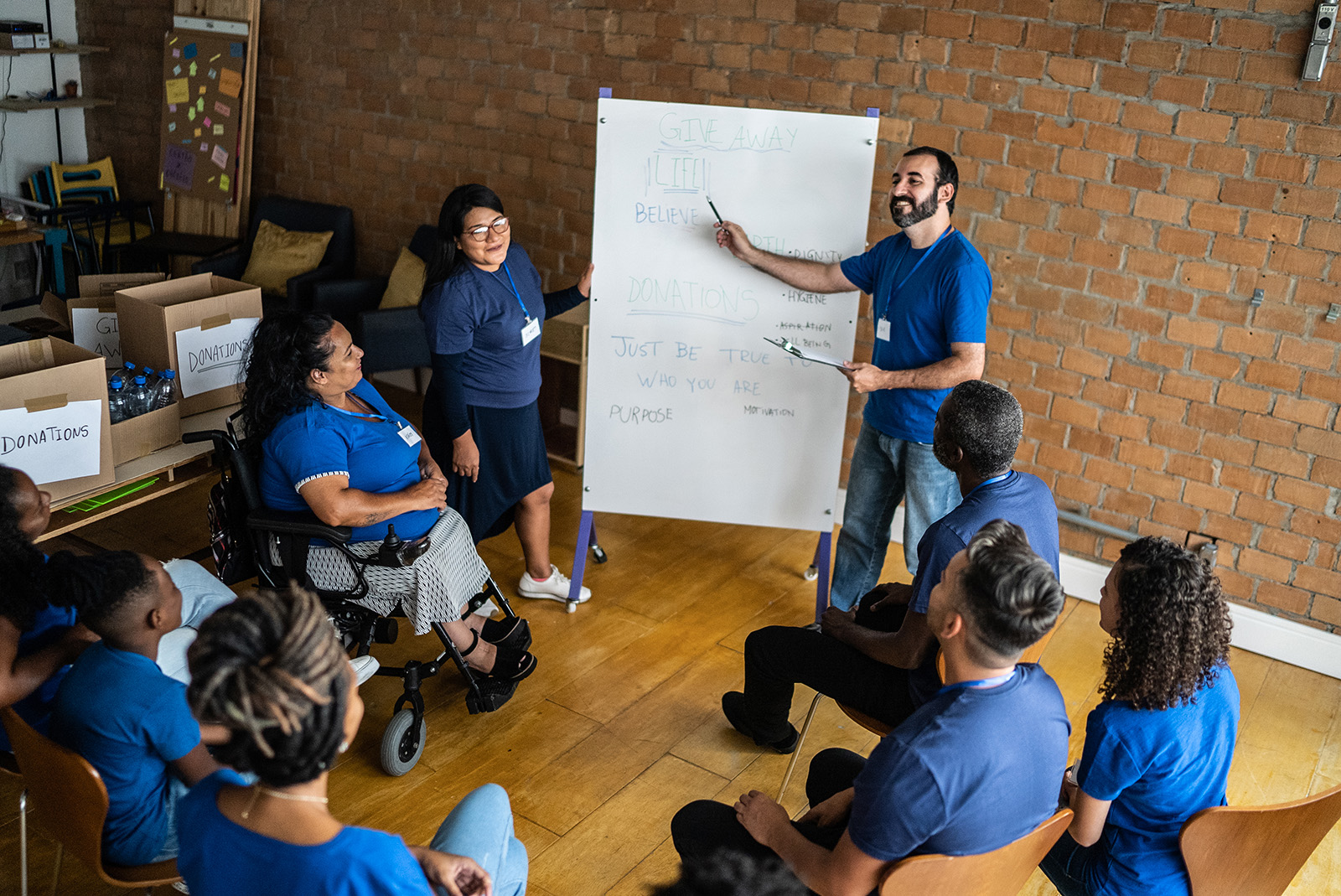Training Community Health Educators Can Improve Confidence in Delivering Vaccine Education
A study in Vaccines explored a program aimed at equipping U.S. Extension professionals—community-based educators who connect local populations to research-based resources and support—with the tools to improve adult vaccination education, particularly during the COVID-19 pandemic. The intervention included a tailored toolkit designed to address key challenges such as maintaining community trust, connecting with medical experts, and enhancing Science Media Literacy to counter misinformation. Components like motivational interviewing, neuromarketing techniques, and targeted workshops were well-received and helped increase professionals’ confidence in delivering vaccine education. Through iterative feedback, the toolkit was refined for practical use, making it adaptable to different community needs. The researchers present a framework that could be applied to train other healthcare providers, emphasizing trust-building, clear communication, and the development of practical tools to combat misinformation and improve patient education.
Source: Austin, E. W., O’Donnell, N., Rose, P., Edwards, Z., Sheftel, A., Domgaard, S., … & Sutherland, A. D. (2024). Integrating Science Media Literacy, Motivational Interviewing, and Neuromarketing Science to Increase Vaccine Education Confidence among US Extension Professionals. Vaccines, 12(8), 869.
Sources of Fluoride Information for Mothers: The Role of Family, Healthcare Professionals, and Community Beliefs
A 2022 study published in JAMA explores where mothers obtain information about fluoride use for their children’s dental health, focusing on various social sources such as family, healthcare professionals, and community members. The study found that while many mothers rely on these networks for fluoride-related advice, the information they receive is often conflicting, leading to confusion about fluoride’s safety and effectiveness. Some mothers trust family members or healthcare professionals, while others are influenced by community beliefs, leading to concerns about fluoride’s safety. The study highlights how inconsistent messages can make it difficult for mothers to evaluate the accuracy of fluoride information, suggesting that improving communication within these social networks could help address misinformation and support more informed decisions about children’s oral health.
Source: Burgette, J. M., Dahl, Z. T., Janice, S. Y., Weyant, R. J., McNeil, D. W., Foxman, B., & Marazita, M. L. (2022). Mothers’ sources of child fluoride information and misinformation from social connections. JAMA network open, 5(4), e226414-e226414.

